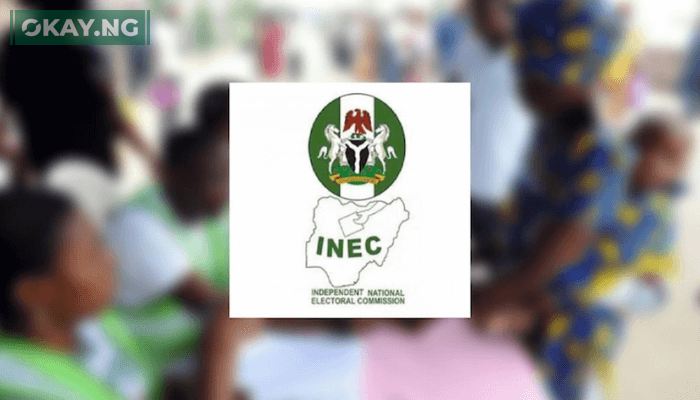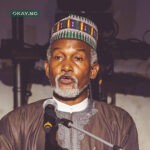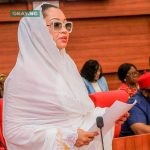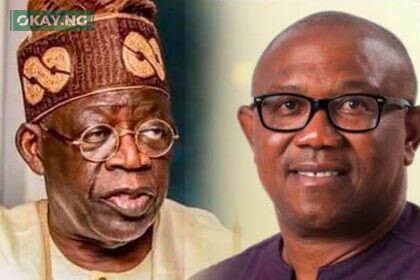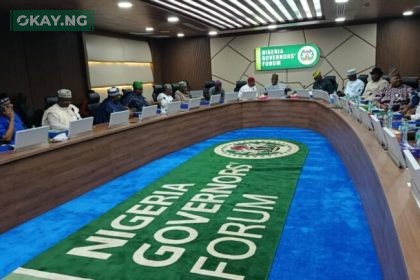The Independent National Electoral Commission (INEC) has firmly responded to allegations from a coalition of political groups accusing it of delaying the registration of new political parties ahead of Nigeria’s 2027 general elections. INEC emphasized that no public pressure or attempts at blackmail would supersede the constitutional and regulatory framework that governs party registration.
In a statement, the electoral body questioned the coalition’s adherence to the legal and procedural requirements necessary for party registration. “Party registration is not merely a political declaration but a constitutional process governed by strict guidelines,” INEC stressed.
This response comes amid circulating online reports falsely claiming that INEC had registered two new political parties—the “Independent Democrats” and the “Peoples Democratic Movement.” INEC categorically denied these claims, clarifying that no new parties have been registered recently and that the current number remains at 19.
Several opposition figures, including former Minister of Transportation Rotimi Amaechi, have criticized INEC chairman Prof Mahmood Yakubu for allegedly obstructing new party registrations. Amaechi contrasted the current INEC leadership unfavorably with his predecessor, Prof Attahiru Jega, praising Jega’s transparency during the 2015 elections that facilitated the All Progressives Congress (APC) registration and victory. He remarked, “The current chairman of INEC can only be compared to Iwu,” referring to a controversial past chairman.
The Movement of the People, inspired by the late Afrobeat legend Fela Kuti, also sought registration but lamented the restrictive political space, noting that “since 2018, no new political party has been registered in Nigeria, while 72 existing parties have been deregistered.”
Other coalition leaders such as Babachir Lawal and APC chieftain Salihu Lukman have similarly blamed INEC for the non-registration of parties ahead of the 2027 polls.
In response, INEC’s Chief Press Secretary, Rotimi Oyekanmi, dismissed these accusations as baseless. He highlighted that the commission prioritizes the quality and compliance of applications over quantity. “Groups that applied should submit authentic, verifiable documents and comply with all requirements,” he said.
Oyekanmi detailed the comprehensive registration process, including submission of a letter of intent, proposed party name, symbol, constitution, manifesto, and proof of headquarters ownership. He also noted that the National Executive Committee must reflect the Federal Character principle, with members from at least 24 states plus the Federal Capital Territory.
He further explained that any false or duplicate submissions would invalidate an application. “Applicants receive constant communication about their application status,” Oyekanmi added.
Regarding the two parties mentioned in the fake reports, INEC clarified that both the Independent Democrats and Peoples Democratic Movement were registered in 2013 but deregistered in 2020 under constitutional provisions.
INEC reaffirmed its commitment to transparency and constitutional adherence in all electoral matters, urging the public to disregard misinformation.


